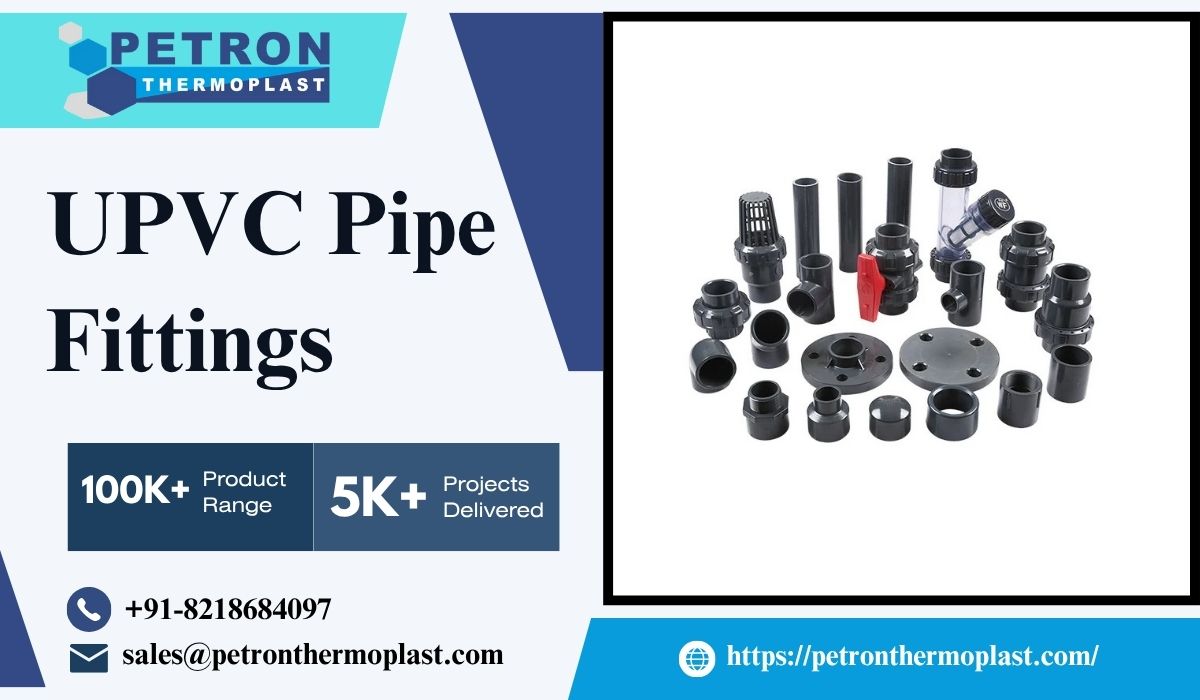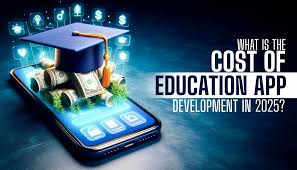In 2025, B2B Marketing Automation has become a critical strategy for businesses aiming to increase efficiency, generate qualified leads, and maximize ROI. By automating repetitive tasks and streamlining marketing workflows, companies can focus on strategy and personalization while ensuring that every interaction with prospects is timely and impactful. Implementing automation effectively requires careful planning, the right tools, and alignment between marketing and sales teams.
Defining Your Goals and KPIs
Successful implementation begins with defining clear goals and key performance indicators. Businesses need to identify objectives such as increasing lead conversion rates, improving customer engagement, or boosting campaign ROI. KPIs should include metrics like lead scoring effectiveness, email open rates, click-through rates, and pipeline acceleration. Clear goals help guide the setup of automated workflows and ensure measurable results.
Selecting the Right Platform
Choosing the right B2B marketing automation platform is essential. Factors to consider include integration with CRM systems, ease of use, available features, scalability, and reporting capabilities. Platforms like HubSpot, Marketo, Pardot, and ActiveCampaign provide diverse functionalities, enabling businesses to automate workflows, track engagement, and analyze results effectively. Selecting the right tool ensures seamless adoption and optimal campaign performance.
Building Effective Workflows
Automation workflows are the backbone of B2B marketing automation. These workflows can include email sequences, lead nurturing campaigns, follow-up reminders, and behavioral triggers. By mapping workflows to the customer journey, businesses can deliver timely content, guide prospects through the sales funnel, and ensure consistent engagement. Properly designed workflows reduce manual effort and improve lead conversion efficiency.
Segmenting Audiences for Personalization
Segmentation is key to delivering relevant messages to prospects. Automation platforms allow businesses to categorize audiences by industry, job role, behavior, or engagement history. Targeted content increases relevance, encourages engagement, and improves the likelihood of conversion. In 2025, businesses that prioritize personalization through segmentation gain a competitive edge in capturing the attention of high-quality leads.
Aligning Sales and Marketing Teams
B2B marketing automation succeeds when sales and marketing teams are aligned. Automation platforms provide a shared view of leads, engagement history, and scoring. This alignment ensures that high-priority leads are handed over to sales promptly, follow-ups are timely, and all communications are consistent. Improved collaboration between teams ultimately drives higher ROI and more efficient lead management.
Monitoring and Optimizing Campaign Performance
Continuous monitoring is crucial to maximize ROI from marketing automation. Analytics dashboards allow marketers to track performance metrics, evaluate the effectiveness of workflows, and identify areas for improvement. A/B testing, content optimization, and data-driven adjustments ensure campaigns remain relevant, engaging, and results-oriented, maximizing return on investment.
Leveraging AI and Predictive Analytics
In 2025, AI-powered tools enhance B2B marketing automation by predicting customer behavior, identifying high-value prospects, and optimizing campaign timing. Predictive analytics and machine learning help marketers understand which actions are most likely to drive engagement and conversions. Integrating AI capabilities into automation ensures campaigns are smarter, faster, and more effective.
Ensuring Compliance and Data Security
With stricter data privacy laws, B2B marketing automation platforms provide features to manage consent, secure sensitive data, and ensure compliance with regulations like GDPR and CCPA. Automation simplifies compliance by tracking opt-ins, managing preferences, and maintaining secure records, helping businesses build trust with prospects and reduce legal risks.
Future Considerations for Automation Success
The future of B2B marketing automation in 2025 involves deeper AI integration, predictive personalization, and multi-channel orchestration. Businesses that adopt these technologies can achieve higher engagement, streamline operations, and generate substantial ROI. Implementing automation strategically ensures sustainable growth and a competitive advantage in the evolving B2B landscape.
Rise of Niche Platforms and Communities
Specialized platforms and professional communities are becoming important channels for B2B engagement. Participating in niche groups, forums, and industry-specific networks enables brands to connect with highly relevant audiences. Engaging in these communities fosters trust, positions companies as thought leaders, and generates high-quality leads in targeted markets.
Sustainability and Social Responsibility Messaging
B2B buyers increasingly value brands that demonstrate sustainability and social responsibility. Incorporating these messages into social media campaigns resonates with modern decision-makers and strengthens brand reputation. Highlighting environmental initiatives, ethical practices, and corporate responsibility efforts can differentiate your brand in competitive B2B markets.
Voice Search and Emerging Technologies
Emerging technologies such as voice search, augmented reality, and AI chatbots are influencing how businesses interact with prospects. Optimizing content for voice queries and exploring immersive experiences can improve engagement and lead generation. Staying informed about these technologies allows marketers to leverage them strategically, gaining an advantage over competitors.
Collaborative Marketing and Influencer Engagement
B2B influencer marketing and collaborations are gaining traction. Partnering with industry experts, thought leaders, and complementary brands enhances credibility and expands reach. Collaborative campaigns increase visibility, foster trust, and drive engagement with targeted audiences, making them an effective strategy in the evolving B2B Social Media Marketing landscape.
About Us
Acceligize is a global B2B demand-generation and technology marketing firm specializing in performance-driven lead generation solutions. Their services include content syndication, account-based marketing, intent and install-based targeting, and custom campaign strategies. Leveraging data science, technology, and human intelligence, Acceligize helps clients reach high-quality audiences and drive conversions across the full marketing funnel.


